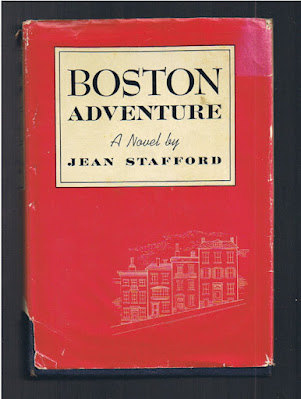During the war in Europe, the Port of Halifax and Bedford Basin on Canada's east coast Nova Scotia peninsula had hosted transport ships, tankers, warships of all types, and merchant marine cargo vessels, all supplying materials and personnel for the war effort. They gathered here from all along the eastern seaboard of the United States, as well as from other Canadian ports. Following the resolution in Europe, war continued in the Pacific. While most Canadians returned home following VE day, Atlantic vessels were refit on the east coast for transfer to the Pacific theater. As part of the refit process, all ammunition was removed from ships in port. The ammunition was stored in the Canadian Naval Ammunition Storage Depot at Bedford Basin, just inland from the main port of Halifax.
Throughout the war there was always the fear in this seaport community of a repetition of the huge explosion of the 1917 ammunition ship collision, when, on December 6, the
Mont Blanc steamed up from the harbor mouth where she had anchored overnight. Her cargo consisted of TNT, tons of picric acid, and a deck load of benzol drums. About the same time, the Norwegian steamer
Imo chartered for Belgian relief purposes, came out of Bedford Basin. At the Narrows, the two collided. The result was the largest man-made explosion prior to Hiroshima, with over 1,600 deaths recorded and the destruction of thousands of homes.
By
18 July 1945 the Bedford Basin Magazine held an inordinate quantity of shells, bombs, mines, torpedoes, depth charges, and other powerful materials. Much of the ammunition was stowed away in the carefully designed and segregated buildings, but of necessity a good deal had been stacked outdoors for lack of storage space, and these dumps extended close to the jetty on the Bedford Basin.
At about 6:30 pm, after daytime workers had already gone homefor the night, an explosion was sparked by a stove left burning in a barge. When that explosion went off the ammunition on the jetty exploded, setting off other stacks of ammunition. The ground shook for miles around, and the jetty and the barge tied alongside disappeared. A high mushroom like cloud rose above the Magazine that could be seen from distances well beyond the populated areas surrounding Bedford Basin.
 Mushroom Cloud following explosion of munitions in Halifax
Mushroom Cloud following explosion of munitions in Halifax
The first explosion killed a night guard, and at about 7:40 pm, just an hour after the original outbreak, there occurred a second explosion almost equal in intensity. After that there was a continuous roll of exploding ammunition of all kinds. The larger blasts could be anticipated about 10 seconds following a flash.
 Explosions continue
Explosions continue
Finally at about 10:00 pm there was one major crack that really shook the solid steel and concrete federal building, at least three miles as the crow flies from the Magazine. The 30 foot square tower actually rocked back and forth several times on its foundations. Fairly heavy explosions continued to occur regularly until almost midnight when a very heavy detonation took place.
 Large flash at midnight
Large flash at midnight
Minor explosions continued throughout the night. Among several big explosions, the largest came at 4:00 am, Thursday, July 19, when a concentration of over 360 depth charges and bombs went up, leaving a huge crater. The shock wave shook foundations, blew off roofs and crossed the broad expanse of Bedford Basin to ricochet through the streets of downtown Halifax, breaking windows alternatively from side to side. Cartridges, the majority of which were four-inch, exploded intermittently well into the next day. The booming, banging, and whizzing went on for several days, but the
worst was over.
 Storefront glass shattered by Halifax explosion
Storefront glass shattered by Halifax explosion
Fortunately the fire never reached the main magazine housed at the bunker where 50,000 depth charges were stored. In 1995, some 50 years after "The Second Halifax Explosion, the military began to remove some of the ammunition that fell into the harbor and remained corroding in the silt. They used the subtle method of blowing it all up.
























